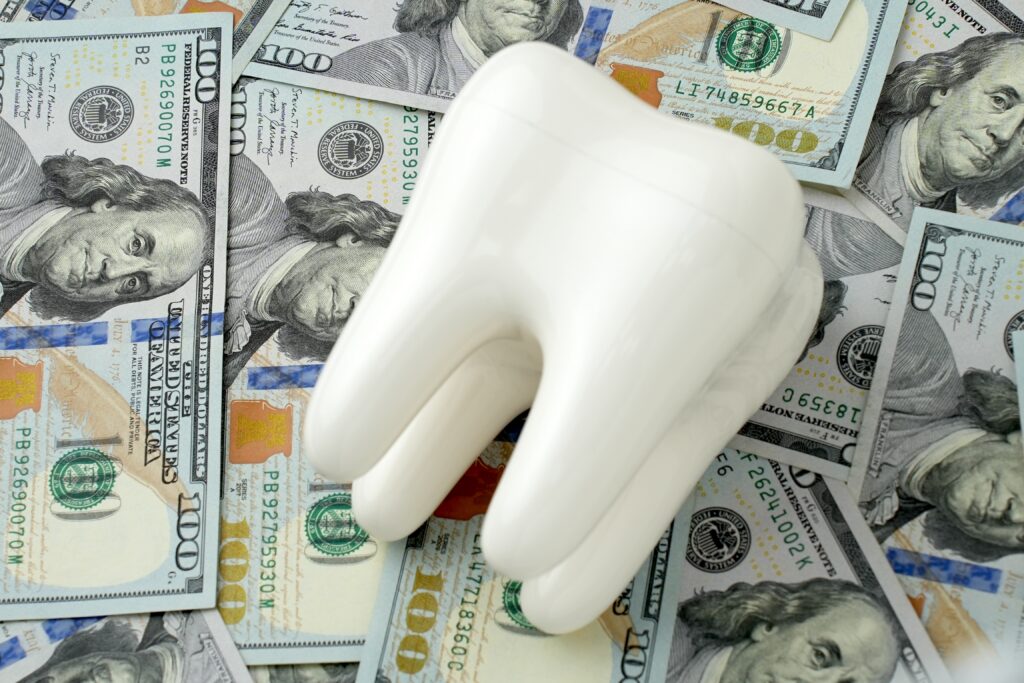Blog
Employee or Business Owner?
For dental professionals considering a career shift, the choice between being an employee or a business owner comes with significant tax implications. While owning a practice or business can offer greater tax deductions, retirement savings opportunities, and financial flexibility, it also comes with additional responsibilities like self-employment taxes and operational costs. Understanding the tax advantages—such as deductible business expenses and potential payroll tax savings through an S corporation—can help determine if business ownership is the right move. In this DrillBit Series blog, we’ll explore the key tax differences between employees and business owners, helping you make an informed financial decision.
The Bottom Line
Being a business owner offers tax advantages over being an employee. If you have the opportunity to choose, consider opening your own business.
Tax Deductions – Employees
Employees have little to no opportunity to offset W-2 income with tax deductions, with maybe one exception – 401k deferrals from wages. This is limited by regulation to $23,500 in 2025 with an additional $7,500 if you are age 50 or over.
Tax Deductions – Business Owner
Businesses can deduct the ordinary and necessary costs of running the business. Expenses like home office, travel, cell phone, etc may be deductible if they qualify under the tax regulations. Retirement contributions can be much larger than a 401k deferral. Some plans may allow much more in tax deductible contributions– even over $100,00 per year!
Costs of Doing Business
As an employee you only pay one half of the Social Security and Medicare tax collected by the IRS. Your half is 7.65% of your wages. Your employer pays the other half. When you are self-employed you pay both halves or 15.3%. You may also have to pay unemployment and other similar taxes as a business owner.
A business entity may need to file a separate income tax return, incur payroll processing fees, tax filing expenses, business formation costs and annual renewal fees.
S Corporations
An S corporation may help minimize payroll taxes. S corporation profits may come to you as wages or profit distributions. Only the wages are subject to payroll tax. However, the additional costs of an S corporation may be more than the tax savings unless you are making over $50,000 per year.
How can I evaluate this decision?
We can run tax projections with varying scenarios based on your data and assumptions.
Navigating the tax implications of being an employee versus a business owner is essential for making an informed career decision. While business ownership offers greater tax advantages, it also comes with added responsibilities and costs. If you’re considering making the shift, we’re here to help. Contact us for personalized tax projections and expert guidance to determine the best path for your financial future.
Note: The material and contents provided in this article are informative in nature only. It is not intended to be advice and you should not act specifically on the basis of this information alone. If expert assistance is required, professional advice should be obtained.





